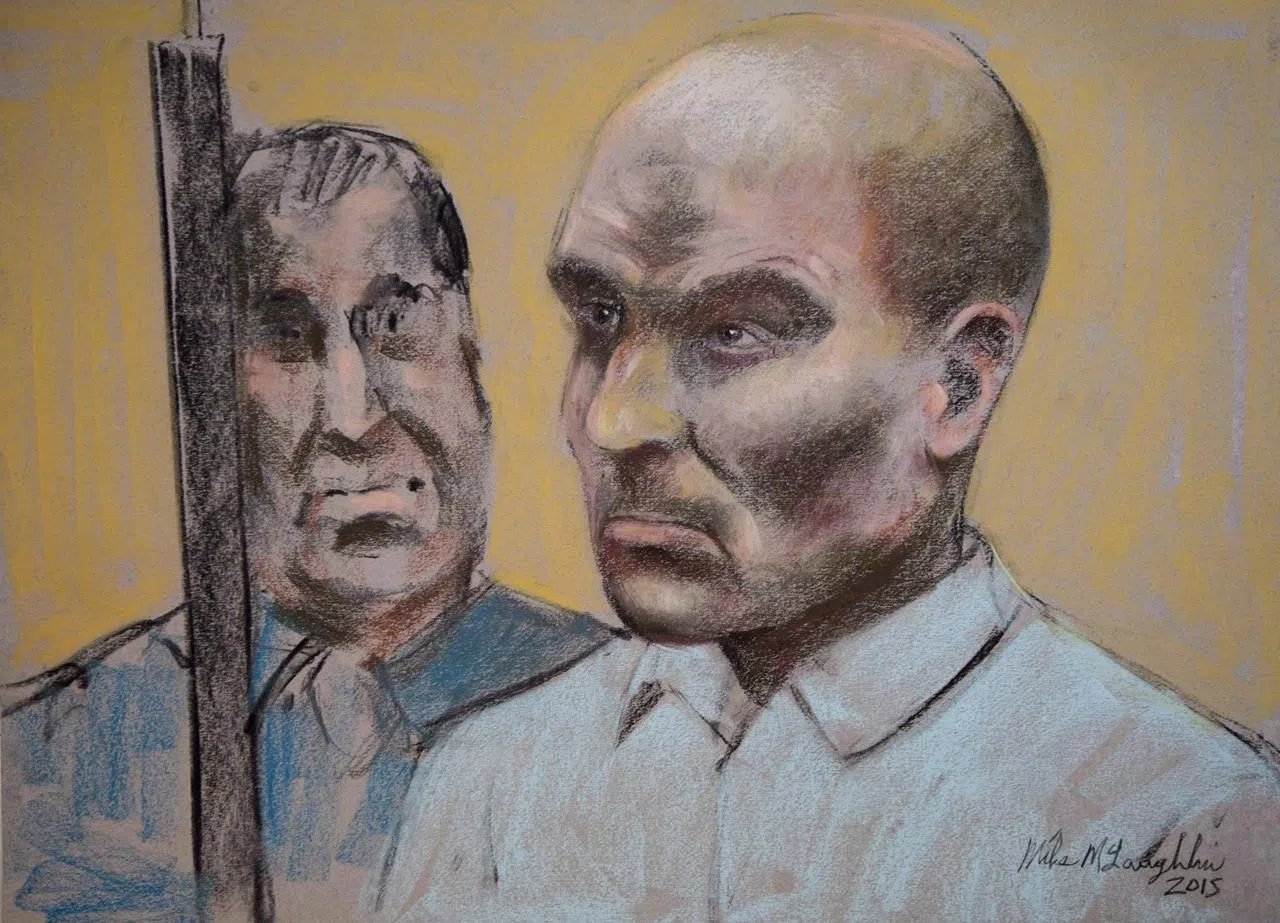
Bertrand Charest denied bail pending appeal of his conviction
MONTREAL — Ex-national ski coach Bertrand Charest has been denied bail pending an appeal of his sex-crimes conviction involving his teenage students.
The Quebec Court of Appeal heard arguments last Thursday and Justice Martin Vauclair handed down his ruling Monday.
Charest was found guilty last June of 37 of the 57 sex-related charges he was facing and a judge recently sentenced him to a 12-year prison term.
His lawyers had said they had serious grounds for appealing the guilty verdicts and that Charest’s chances of being acquitted or getting a new trial were very good.


